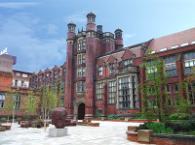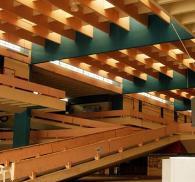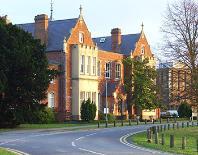Events
Mothering Slaves involves three main events:
The Mothering Slaves Research Network has now held all its public events and the organizers are in the process of editing two journal special issues based on papers presented at the conferences. If you would like to keep in touch with the project, please email the PI, Diana Paton, at diana.paton@ed.ac.uk.
Pregnancy, Childbearing and Infant Care: Historical Perspectives from Slave and Non-Slave Societies
|
 |
|
This two-day symposium brings together historians of enslaved women researching motherhood, the care of children, and childlessness with other historians who have explored these issues within non-slave societies. To facilitate in-depth comparison, particular attention will be paid to the history of breastfeeding and wetnursing in slave and non-slave societies. |
Enslaved Motherhood and Childlessness: Comparing Brazil with other Atlantic Slave Societies.
|
 |
|
Much of the excellent work on Brazilian slavery, largely published in Portuguese, has not been taken up by Anglophone scholars. In light of this, the Mothering Slaves network will host a second symposium in Brazil that will showcase such research in comparative perspective, bringing some of the best scholarship in Brazilian history to historians of other Atlantic slave societies. About two-thirds of the participants are scholars of Brazilian slavery, most of whom are based in Brazil. To enable comparative insights, the remaining third of the participants are scholars working on other slave societies. |
Motherhood, Childlessness, and the Care of Children from Slavery to Emancipation
|
 |
|
This event will take place over three days and focuses particularly on the transition from slavery to post-slave societies. It will also provide an opportunity for reflection on all the themes brought up by the network to date. Alongisde academic scholarship, a public lecture will be given during this event at the Reading International Solidarity Centre, widely publicised as part of Reading’s Black History month programme by the writer Andrea Stuart, author of Sugar in the Blood: A Family’s Story of Slavery and Empire. This conference also hopes to incorporate a public event with the Barbadian-Canadian visual-artist Joscelyn Gardner, whose work also considers enslaved motherhood. |
 This site is no longer being maintained.
This site is no longer being maintained.